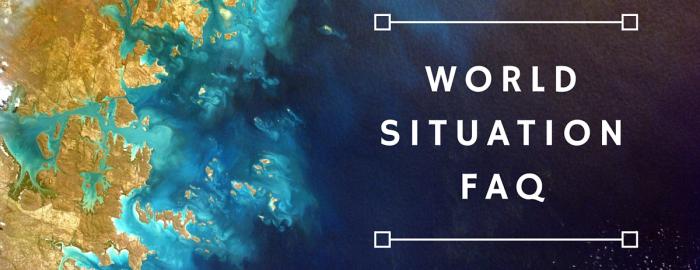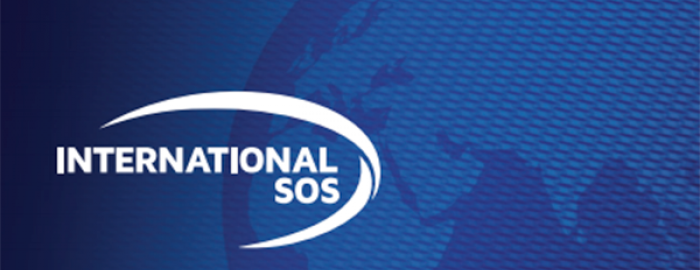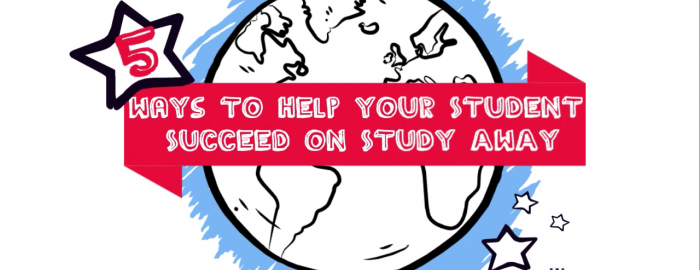Handling Stress and Uncertainty—Both Your Student’s and Your Own
How Parents & Families Can Create Balance for Their Student
Congratulations! Your student has chosen to participate in a study away program, a potentially pivotal experience in their intellectual and personal development. The journey will be filled with questions … and we think that’s OK.
At the Duke Global Education Office for Undergraduates, we have seen countless undergraduates return having deepened not only their understanding of other languages and cultures, but also their confidence, maturity, and self-awareness. By mastering the intricacies of academic culture and daily life in a foreign country, they demonstrate adaptability and resourcefulness that will carry them through their time at Duke and beyond.
Student Stressors
As with any growth experience, study away is challenging, even before students leave the U.S. The volume of paperwork and logistical detail can be daunting, even to the most accomplished students. Once students arrive in country, they go through alternating waves of excitement and frustration as they adjust to their new surroundings.
If the host language is not English, they may discover that their command of the language is not as strong as it seemed in the classroom at home. Foreign universities have some very different administrative practices, so in some cases just finding class schedules and getting registered can be a bewildering experience.
Add to that the confusion of immigration bureaucracy, new transit systems, and unfamiliar foods, not to mention having to create an entirely new social network. The resulting stress can be especially intense for students who have never been abroad or who are unaccustomed to being so far from their families.
Impact on Families
The experience can also be difficult for families. Given the uncertainties of today's world and media focus on disasters in other countries, parents are naturally concerned about keeping their students safe and making sure they have the best possible study away experience.
This generation has unprecedented access to communication technology, and it is second nature for them to text, video call, or phone home in moments of anxiety. That anxiety may turn out to be fleeting for them, but can be very upsetting to parents hearing about it from such a distance and wanting to help. It can be difficult to sort out a genuine crisis from a simple misunderstanding, which can be compounded by language barriers, jet lag, and fatigue.
When to Engage, When to Wait It Out
As international education professionals, we would like to offer our perspective on supporting your child through this exciting and unsettling time. We recommend keeping in mind that education is an active process, and that students learn best by confronting and solving problems themselves.
Very often, the greatest discovery students make on study abroad is their own inner strength, their ability to think their way past their own fears and find creative solutions to unfamiliar problems. Unless there is reason to believe students' health and safety are threatened, we suggest encouraging them to work out their own solutions.
Remember that uncertainty is a natural part of the process of intercultural learning, and that the long term goal of study away is for your child to become a competent and confident citizen of the world.
GEO is Here to Help
This is not to say that our students are left to fend for themselves. GEO staff members are available at every stage, from program selection through awarding of credits. There is information available to them every step of the way, on the GEO website and through consultation with our experienced advisors. GEO staff members are here to help students at every stage, from program selection through awarding of credits.
Students on Duke-administered programs have pre-departure orientations and receive both printed materials and emails keeping them up to date on what they need to do.
If the program is not administered by Duke, our staff can help students determine who at the host university or study abroad provider would be the most appropriate contact for their questions.
All students continue to have access to Duke resources such as advisors, academic deans, online library access, financial aid counselors, etc., throughout their term abroad.
Please do not hesitate to contact our office with questions or concerns related to the study abroad experience throughout the semester.
A time abroad is vital to a sincere and far-reaching exploration of one's own self. In particular, you discover the limits of your patience ... and to what degree you can create successful situations. You develop self-reliance and build your own strengths in facing fear-inducing situations and especially, you realize the value of your own family, your culture, your background and experiences."
Credit: Quoted in Hoffa, William W., Study Abroad: A Parent's Guide. Washington, DC: NAFSA Association of International Educators, 1998, p. 111.






